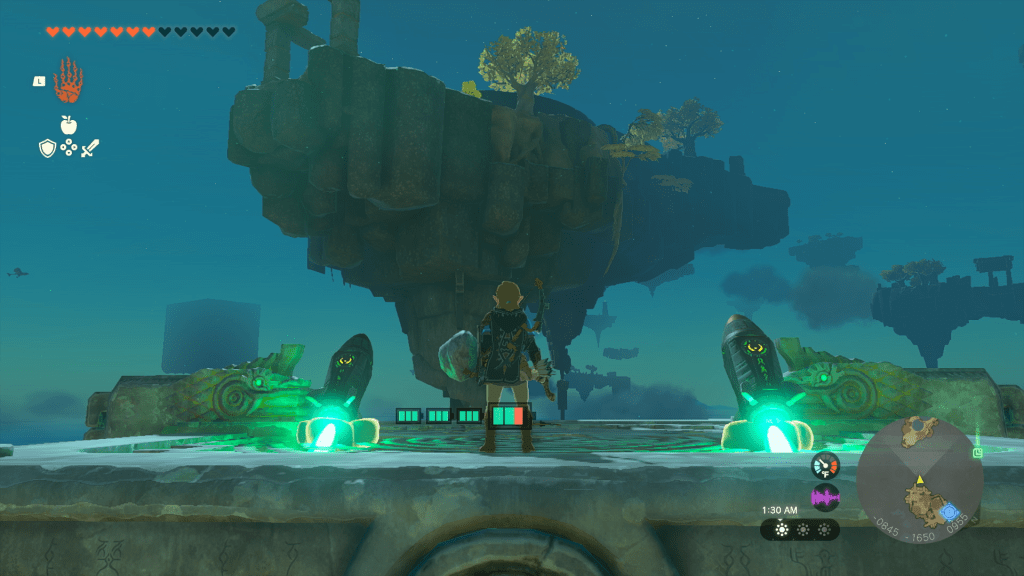The Assassin’s Creed series has grappled with an “identity crisis” in recent years, shifting from methodical stealth assassinations to gear-driven brawls. Assassin’s Creed Mirage promised a return to the franchise’s roots, a nostalgic throwback to the gameplay that defined its early entries. This review explores whether Mirage delivers on its promise and if this “back to basics” approach truly revitalizes the series.
Back to Basics, For Better or Worse
After experiencing the expansive RPG elements of Assassin’s Creed Valhalla and even Far Cry 6, the prospect of a classic Assassin’s Creed experience was enticing. However, playing Mirage revealed a surprising realization: the “bloat” of Valhalla, Origins, and Odyssey had become strangely comforting. While Mirage largely fulfills its promise of a return to form, it occasionally feels lacking in content compared to its more recent predecessors.
This lack of newness is perhaps the inevitable tradeoff of returning to the series’ origins. Mirage feels undeniably like a game from a decade ago, complete with both the positive and negative aspects of that era. The parkour, while swift, occasionally feels clunky and imprecise, with protagonist Basim frequently scaling walls unintentionally or taking unexpected leaps of faith. Similarly, the stealth kill animations, regardless of the angle of attack, feel dated. Ironically, the most polished combat animations are tied to swordplay and parrying daggers, the very combat style Mirage discourages despite equipping Basim with an arsenal fit for a glass cannon.
 assassins-creed-mirage.jpg
assassins-creed-mirage.jpg
Fast-paced, direct combat is viable in Mirage, but not particularly satisfying. Enemies telegraph heavy attacks (red flashes) and parryable attacks (yellow flashes), making combat encounters predictable. Parrying is often enough to break the defense of standard enemies, leading to quick kills, although elite foes present a greater challenge. The generous timing windows for both dodging and parrying make it unlikely to be caught off guard, diminishing the sense of challenge and often prompting reloads out of frustration at being detected rather than anticipation of a difficult fight. Ignoring the RPG elements and wanted levels makes Mirage surprisingly easy.
Embracing the Assassin’s Creed DNA
However, embracing the intended playstyle, the one longtime fans have craved, reveals Mirage’s strengths. Investigating Order members through infiltration, clue gathering, and assassinations culminates in taking down key figures. These sequences offer multiple approaches: bribing individuals for temporary assistance, instigating conflicts between NPCs, or navigating locked rooms to pinpoint targets. These scenarios, reminiscent of other stealth-focused games, are a perfectionist’s dream. The apparent inability to save within restricted areas further encourages experimentation and the pursuit of personal best times.
https://www.youtube.com/watch?v=91Qx-siKhIY[/embed]
While some fetch quests and chest hunts can feel repetitive outside of the stealth segments, Baghdad is a captivating setting. The music, architecture, and vibrant atmosphere encourage exploration both on foot and from the rooftops. Basim is a compelling protagonist, genuinely portraying a man of the people with a backstory that informs his actions. He offers a thoughtful perspective on events without resorting to overly virtuous or inspirational pronouncements.
A Step in the Right Direction?
Even with its successes, Mirage doesn’t always provide enough engaging content to keep players fully invested. This raises the question of whether it truly addresses the series’ identity crisis. It may not be the definitive solution, but it’s a potential starting point, suggesting that both the classic and RPG styles can coexist within the Assassin’s Creed universe.
Conclusion
Mirage successfully recaptures the spirit of early Assassin’s Creed games, offering a focused stealth experience in a beautifully realized Baghdad. While the lack of content compared to recent entries might disappoint some, it serves as a reminder of the series’ roots and offers a glimpse into a potential future where both gameplay styles can thrive. It may not fully resolve the identity crisis, but it represents a valuable step towards rediscovering what made Assassin’s Creed so compelling in the first place.
Score: 3.5/5
Assassin’s Creed Mirage was reviewed primarily on the PC platform with a code provided by the publisher.











